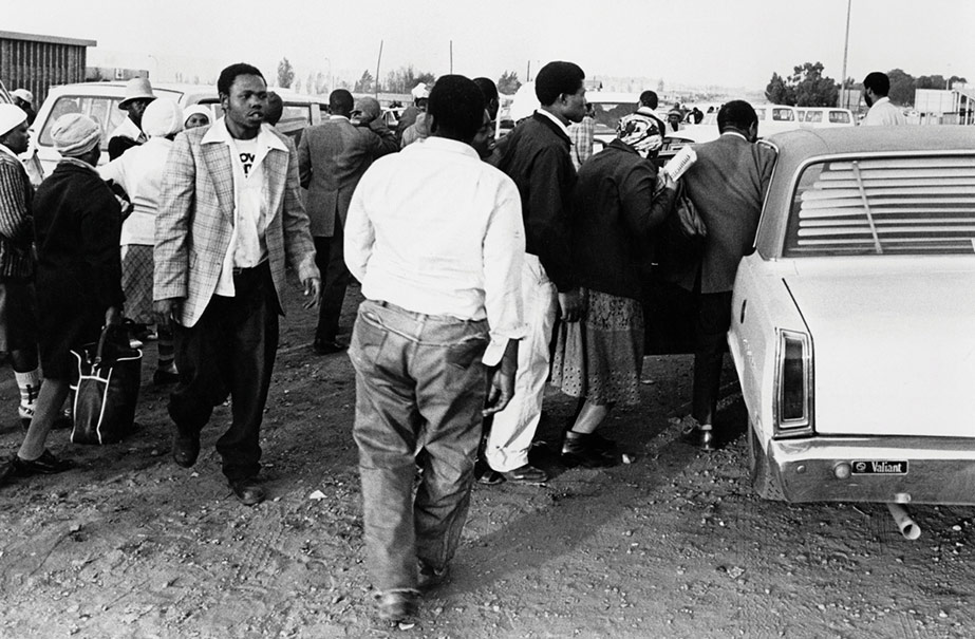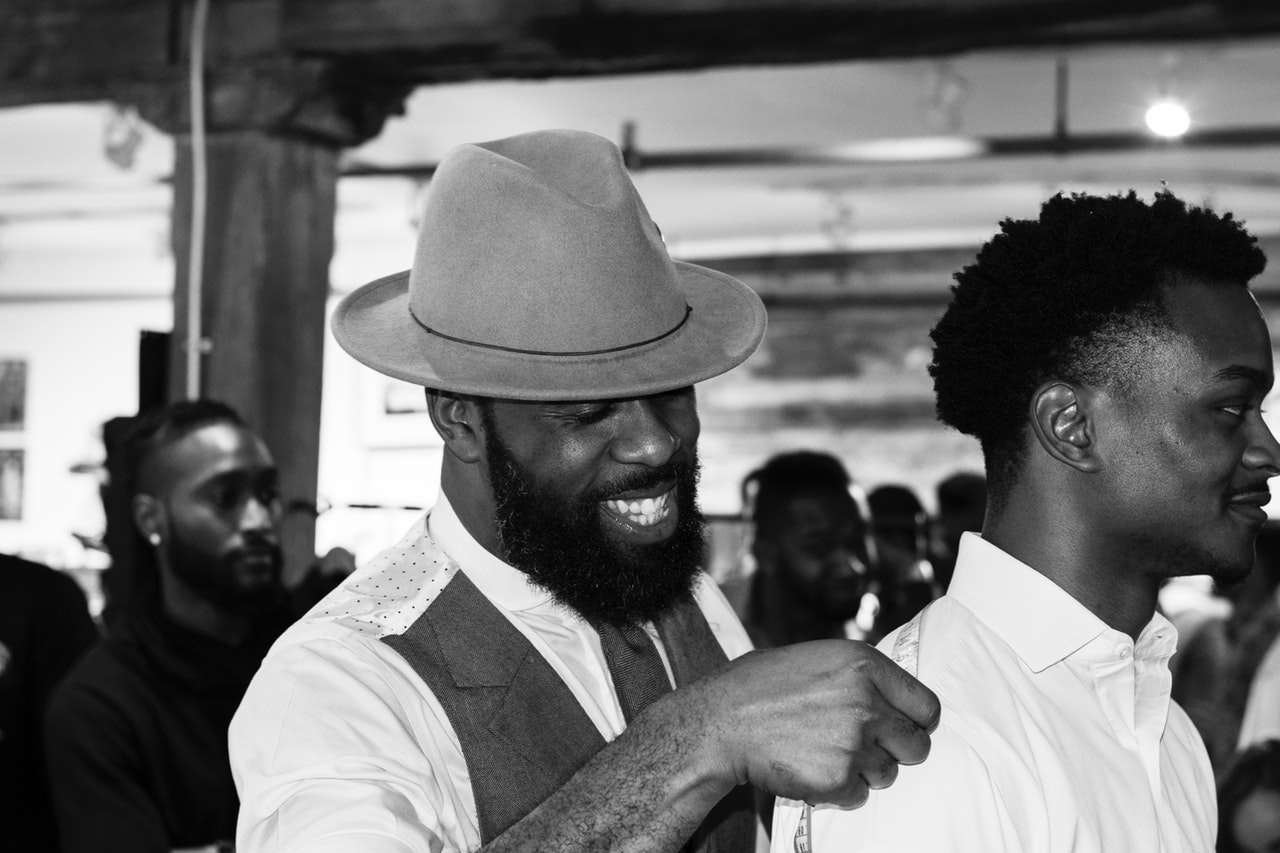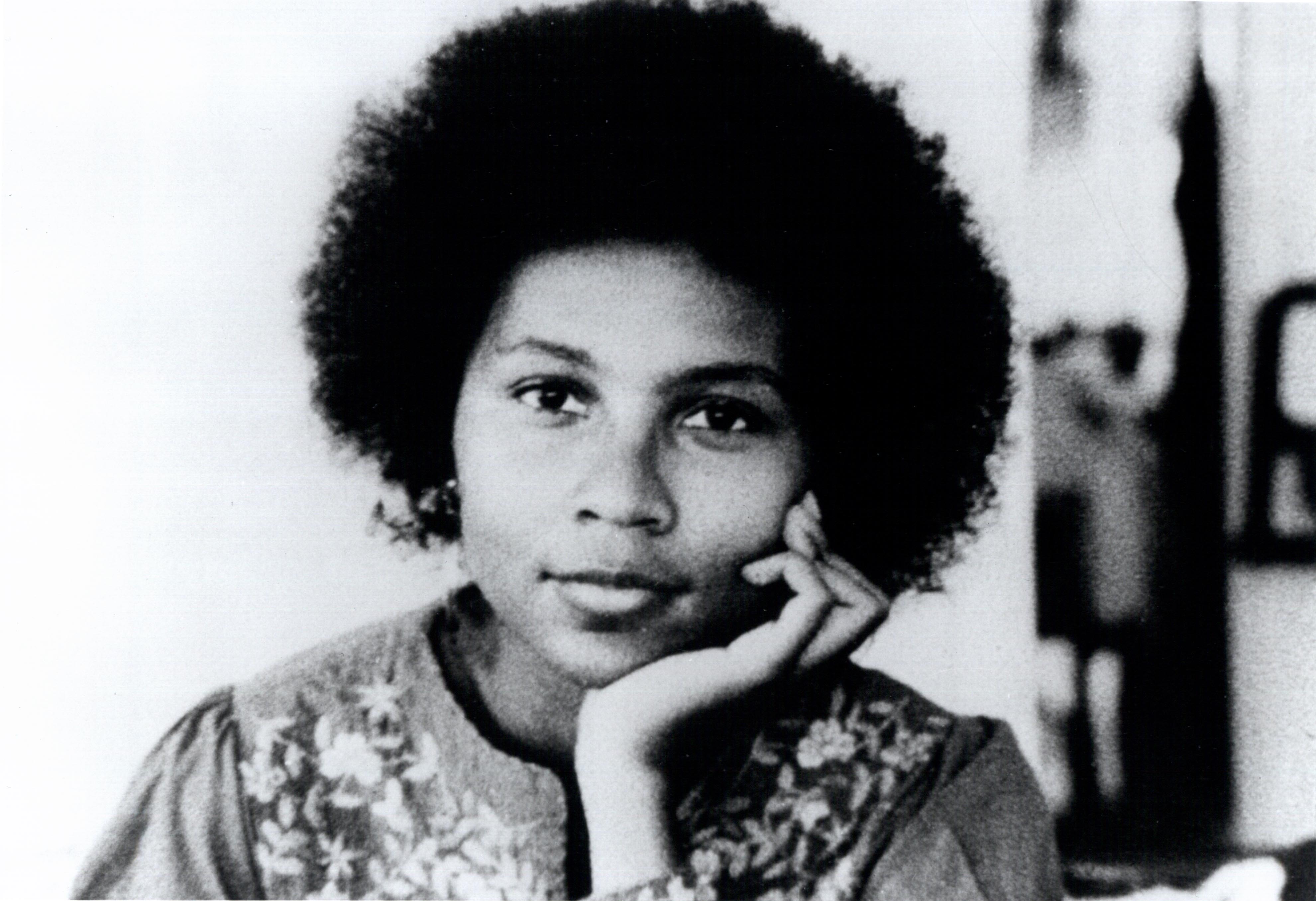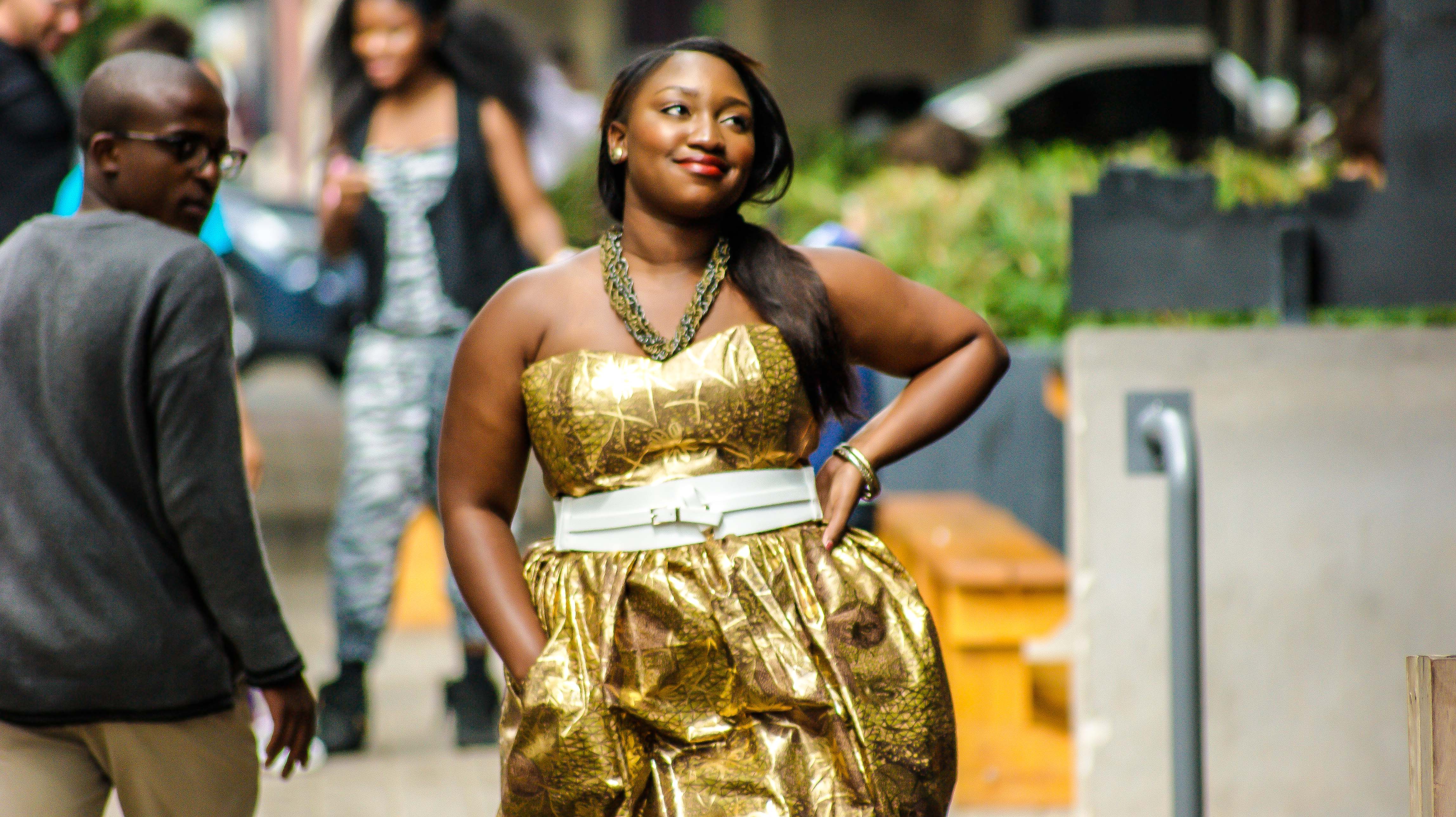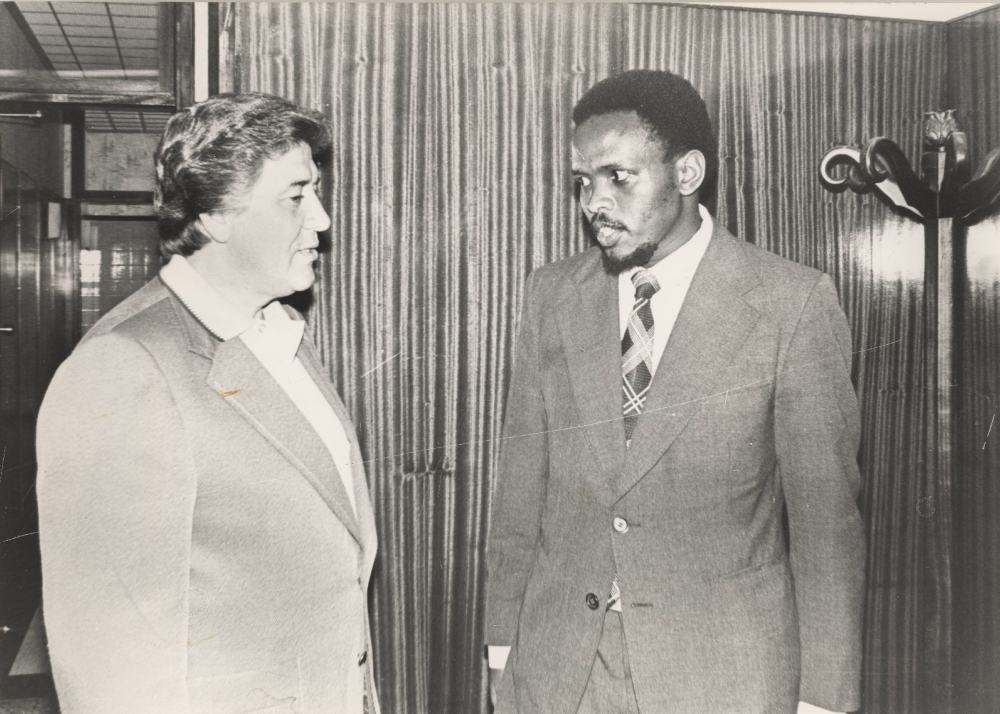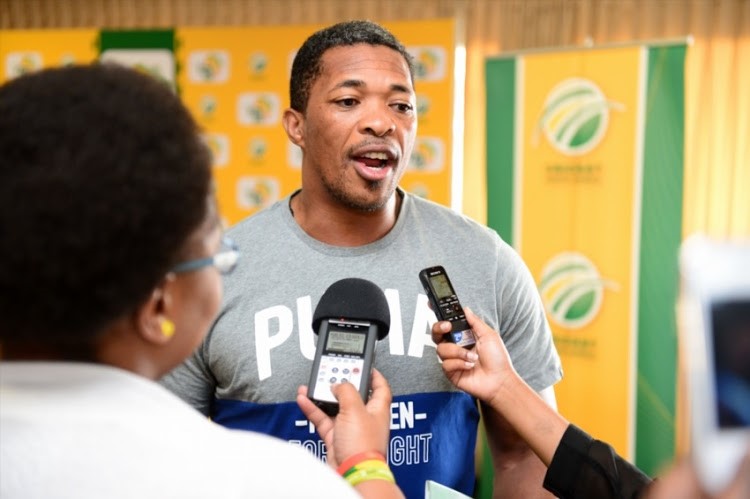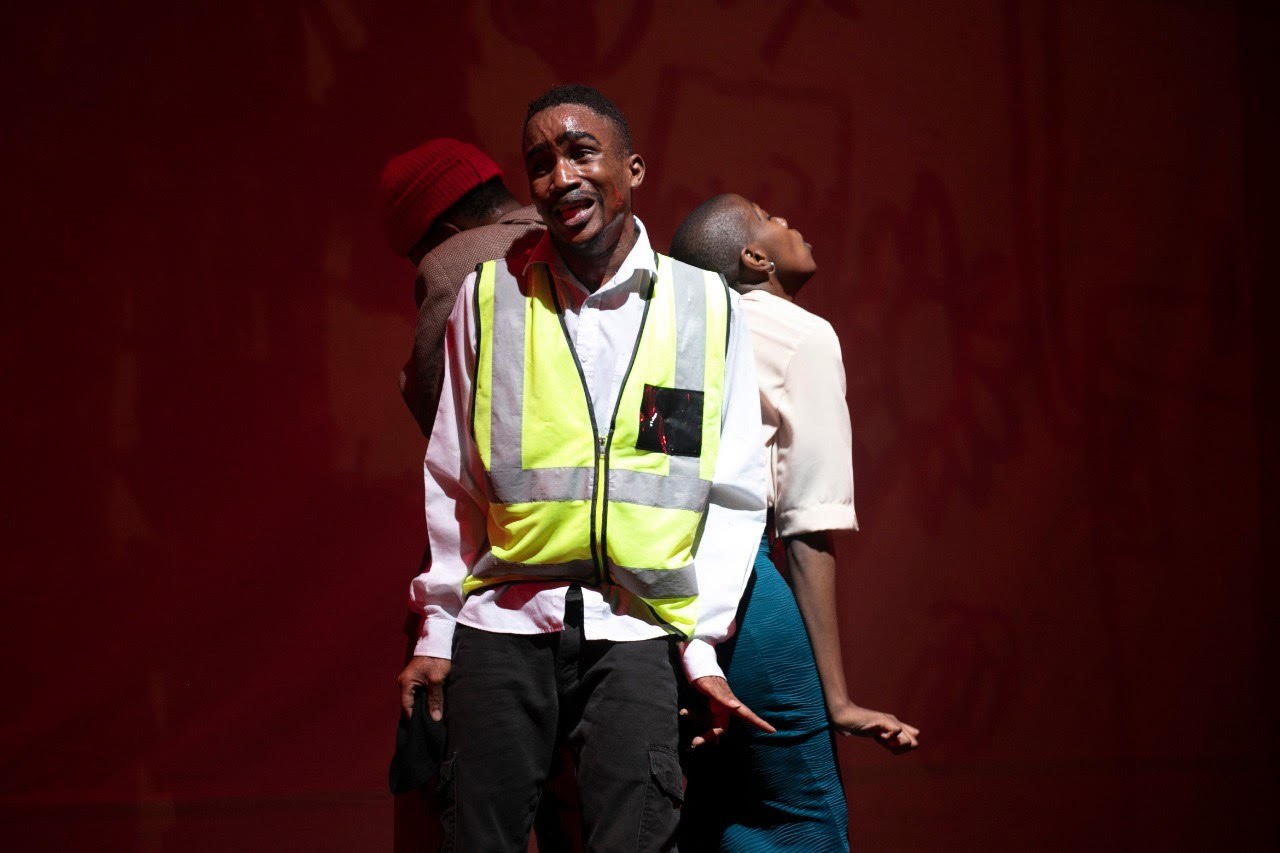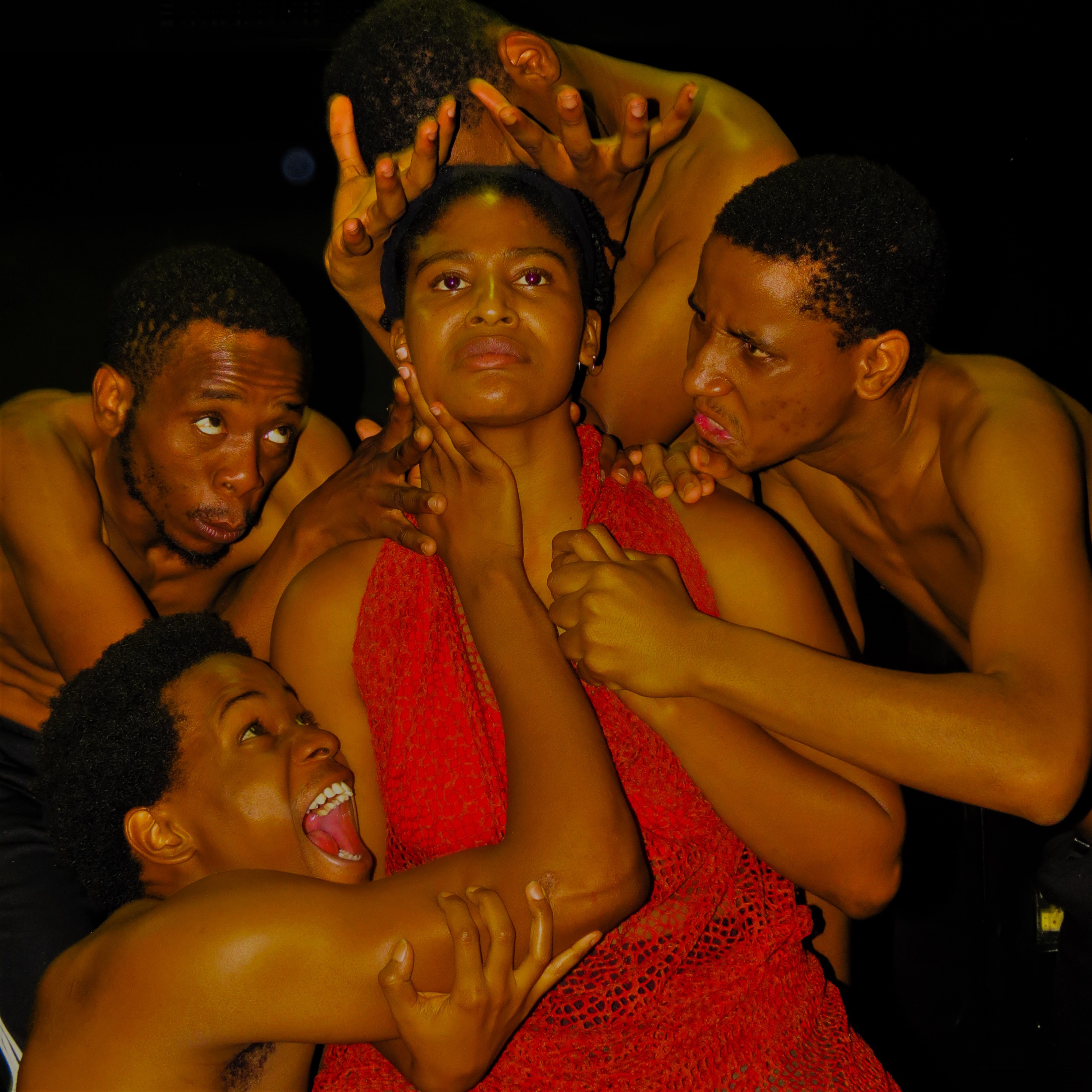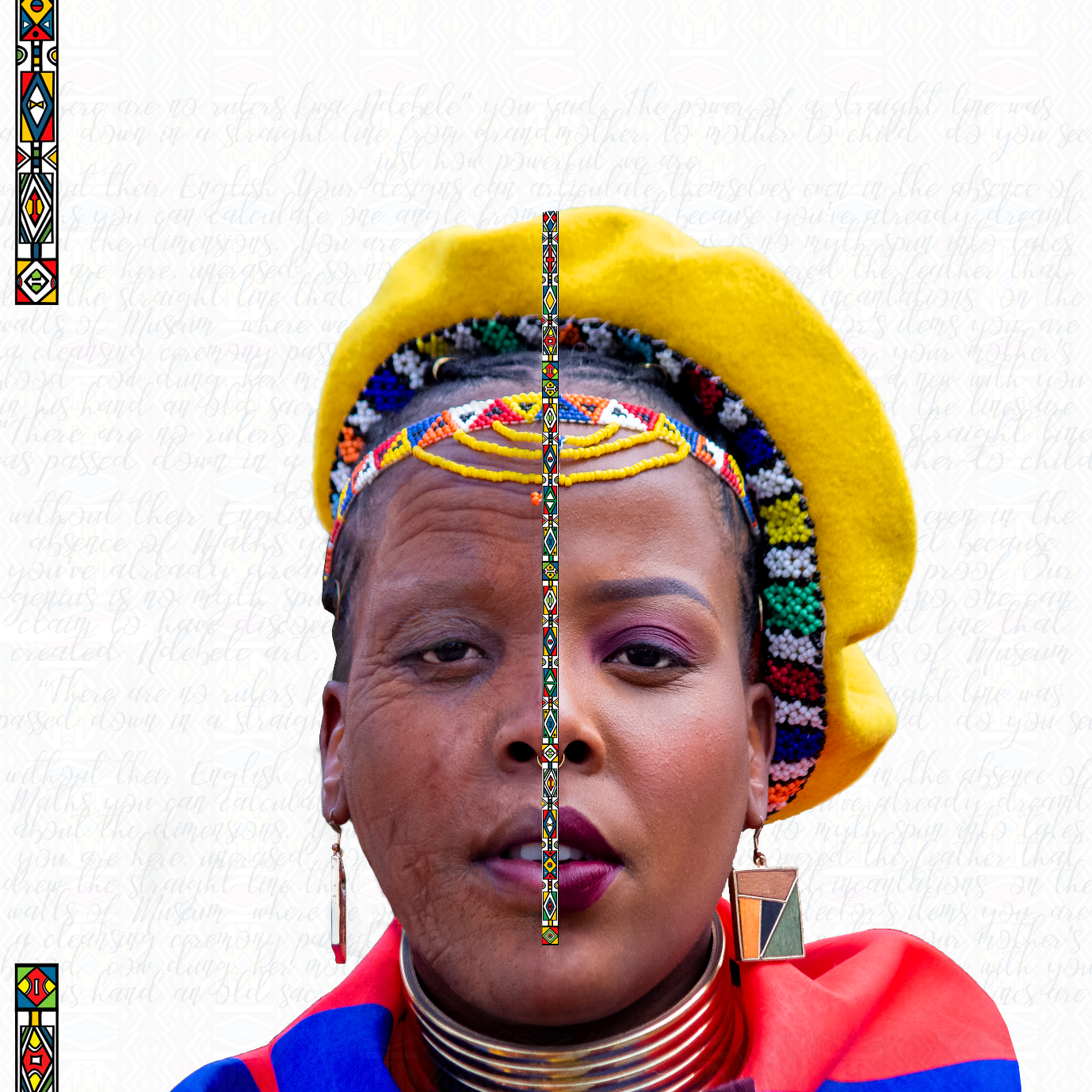1.Witbank, eMalahleni
The day before Madala and I embarked on our short journey to Middleburg, we experienced a heavy rainstorm in Witbank that lasted half an hour.
At almost the exact moment this pessimistic weather stopped, it seemed to me that Madala’s internal rain began.
The sixty-three-year-old sat on his camp chair, hands clasped, his face reflecting his next obstacle: How would he get the books to Middleburg?
For it was there that a Zimbabwe-bound bus would be waiting. With or without his books, the bus would leave.
The longer Madala remained in his worried state, the more urgent my curiosity became. This led to a barrage of questions, asked in polite yet searching tones: Were his books ready? How many? Had he managed to find transportation?
His response to my last question was a heavy “No.”
So far, his idea was this: to ask one of his son’s friends if he could give him a lift in their car.
But experience had shown that such an option was unlikely to come cheap. In these situations, most drivers in South Africa are unsympathetic and unforgiving, given the current cost of being on the road. Madala and his bag of books would not be spared.
There was a brief, heavy silence between Madala and me.
Then I offered my first suggestion, though tentatively: Would it be possible for him to send the books the following weekend? I reasoned that these intermittent rains might complicate things.
For Madala, such a suggestion was not to be considered. In the few years since he had started sending books to his home country from Witbank, Madala had never considered postponing a mission to another weekend. It has never been an option entertained.
I remember about a year ago, at a flea market, he had jumped into his son’s driver’s seat, attuned himself to the vehicle, and driven himself to Middleburg. That day, he had broken a long spell of not driving; his son was in the front passenger seat, dazed and happily drunk.
So, it had been Madala who had braved the intimidating traffic of a country in which he had hardly ever driven, all to send his books to Middleburg and, importantly, ZIM.
Now his son’s car was broken, and Madala could not pull off similar heroics. He was stranded; his books were surely packed in his room, ready for their trip.
But this was no new challenge to the old man. Come what may, the books would arrive in Middleburg on Saturday and then in Zimbabwe on Sunday. Observing Madala the few years I've known him, I had noticed that with him, it was not a matter of If, but When. When would the books arrive in Zim? Not If.
Then came my second suggestion: I could accompany him to Middleburg. That way, I could help him carry the books. And that was it. Problem solved. Madala agreed with both gratitude and relief.
In times like these, Madala’s faith has a habit of reaching those close to him. If he has a challenge and genuinely believes it is solvable, his faith will choose you as its solution. I cannot count the number of times it has chosen me.
2.Off to Middleburg
I know of very few taxi journeys on South African roads that are as straightforward, short, and dull as the one from Witbank to Middleburg. The passenger arrives before the acquired chronic pains from sitting down too long begin.
In the taxi, Madala sat on the seat behind mine, a bag of heavy books on his lap. Another bigger bag was placed beside his feet, closer to the door. My lap too had a bag full of books while other books inside a plastic bag restricted the movement of my feet.
I looked behind the driver’s seat. In 2024, it still had a mosaic of announcements, from outdated Covid-19 warnings and restrictions to lists of price hikes (mostly in response to fluctuations in the price of petrol). One announcement that caught most of my attention was written in bold, unequivocal isiZulu:
“Mhlaka 13-01-2024 imithwalo iyobhadalwa R20.”
Translation: “A fee of R20 will be required for large bags in the taxi.”
Like everyone else with their fair share of bags, I decided to ignore the announcement, become illiterate, and resume my passenger duties.
Halfway to Middleburg, I covered half my face with a hat, hiding my eyes and preparing myself for a nap. The weight of books had settled relatively well on my leg. But no sooner had I closed my eyes than I heard Madala’s voice call my name. We had arrived in Middleburg.
I’ve enjoyed longer naps locally in Witbank.
A few of us got off the taxi at a stop sign. Although its door required a lot of pushing to close convincingly, it eventually did, and we left. I was thankful. The taxi had given us some respite from carrying the weight of those books.
From the stop sign, our destination was Middleburg Taxi Rank. It wasn’t far from here, Madala said. And that’s why I waved away a trolley porter who’d offered his services. A decision I’d regret.
Having travelled here more than I had, I followed Madala like a docile and confused child in a new town. One bag of books was in his hand, another sinking its weight with a heaviness that would have destroyed most sixty-three-year-olds. Behind him, I was also carrying heavy stuff, including one large plastic bag which kept on nudging its weight against my leg every few steps.
The Middleburg Taxi Rank was just a few corners from us, but it felt like we couldn’t arrive soon enough. The longer we walked, the more I regretted turning away the guy with the trolley. I even recall telling him I was quite capable, as a strong youth, of carrying these books. Now, as we skipped a traffic light, I would have welcomed the aid of a trolley and, for an extra five Rand, maybe tossed myself in it as well.
Finally, as I looked from behind Madala, I saw a space ahead opening up as we moved closer, giving a view of stationary taxis. We had arrived.
3.Middleburg Taxi Rank
The Rank surrounds itself with sports betting establishments, pubs, and taverns, proximity to which may expose you to the undesired concoction of urine and alcohol. But it wasn’t the main thoroughfare we came to. Our real destination was beside the Rank.
“This is really a section for Zimbabwe; everyone knows,” said Madala as we arrived. The most noticeable sight was a bus at the feet of which sat a hill of bags, boxes, and other wrapped items. I also saw a large caravan being loaded with home appliances and other basic necessities. I finally sat down and took a few sips from my Old Brown Sherry, which had been bulging securely in my side pocket. I was now content with becoming an observer, a writer, having assisted Madala with the heaviest task of carrying his books. A young man, I guessed to be in his late 20s, immediately availed himself to us. He had a plastic wrap. Most items were either in sacks, tents, or plastic sheets. Having a plastic sheet as an entrepreneur here meant that you had guaranteed your place among the Rank’s possible business.
Immediately after seeing our books, the guy knew what he needed to do. But the box he brought us was messy and would be inappropriate unless having books smeared with garbage satisfied us, and the recipient. So Madala went to look for a few clean boxes instead.
I remained and took another sip of my sherry, bracing myself for what I knew would happen: Being mistaken for a Zimbabwean.
The guy I was left with didn’t hesitate to speak Shona with me, his fellow countryman, at least in his eyes. It was no use grinning and pretending like I understood. Madala often does this when South Africans, unaware he’s Zim, speak deep isiZulu with him. In my case, without wasting time, I told the guy I understood not a word of Shona, and without any interrogation, he started speaking broken isiZulu (he didn’t seem the type who’d entertain English with a fellow African). I told him I was only helping Madala with the books.
A few more Zimbabweans came talking to me in Shona. Tired of explaining myself, I also started to nod and smile, pretending we understood one another as fellow countrymen ought to. When Madala finally came with the boxes, I had ingested my fair share of Shona.
The clouds started to get thicker and heavier. Rain in the next few minutes seemed imminent. At this stage, Madala’s main priority was to send the books at the cheapest possible fee. In Shona, he told the guy to fit all of them into two boxes; the fewer the number of boxes, the lower the price. The young man did as he was told, filling the first box meticulously and then the second. After both were packed and filled, I saw about twenty books that had no space in either box. Both boxes' sides were covered with plastic sheets. The guy indicated there was no more space for the books. He would have to put them in a third box.
But for Madala, a third box wouldn't be viable. What then followed was a longer conversation between them in Shona. There was something in their dialogue that touched my African senses. Madala was telling the guy that three boxes would be too expensive and that it was possible to fit the remaining books.
Listening in on their conversation became a significant moment. It reminded me of our deep similarities as Africans, this time being revealed linguistically. It felt like a song, the lyrics of which were not understood but had nonetheless a deep, kinetic rhythm. Speaking in Shona, some of Madala’s words sounded like South Africa’s poster-boy language, isiZulu. They were mostly talking in numbers. In Shona, Mabiri is the number “two”; in isiZulu, “two” is Kubili, plural form: Amabili. In Shona, marathu means “three,” while in isiZulu, the same number is mathathu. Most of the numbers contain these similarities. Even the word madala (father, old man, senior) is pronounced madara in Shona.
I started thinking how the borders have divided us geographically but have failed to completely shatter our deep-seated connections and ties as black Africans. At the end of their conversation, it felt like I had heard my song and enjoyed it. The guy finally managed to fit the remaining books in the boxes.
Now a second layer of plastic sheeting was applied around the box, mainly to attach the name and numbers of the book’s recipient.
The clouds became darker, and the sun was completely buried. I had finished my sherry and tossed the empty bottle on the ground.
Madala left again, and with his brief disappearance came the raindrops. Thanks to the plastic sheeting, the books were safe for the moment. But Madala came rushing back, and we were allowed to load them inside a bus until it had stopped raining. The bus was comfy and spacious. I wanted to sit, recline, and tag along with to Zim. It was still raining a bit, but we still had to get out; the shelter was for the books, not us.
I stood outside in the rain and covered my head with an empty box while Madala went to look for someone.
A short while later, when the rain had abated, a man in overalls came speaking Shona in a jovial tone while he pointed at my empty bottle of Old Brown with a pleased familiarity. I guessed what he was intonating was, “So you finished the Sherry all by yourself and didn't invite us for a drink?” I smiled and nodded until he left. I just hope I wasn’t smiling at a sad story.
Madala told me the bus usually leaves Middleburg at around 5:00 pm. It's a long journey, starting one day and ending the next.
By midnight, the bus will arrive at the border gate, where it will see the longest delay of the trip. Passports, declarations, stamps, and relevant documents will be checked. Once in Zim, the book’s destination would be Zimbabwe's capital, Harare. But from the border awaits a very long journey to Harare. The bus will still have to make three stops in three big towns. The first stop will be Beitbridge, then a smaller one, Ngungu Chivhu, and then finally, at about 5:00 pm on Sunday, the books will arrive at High Glen station in Harare. They'll most likely be collected the following day.
According to Madala, book resources in Zim are not as many as in South Africa, especially since the economic turmoil that has troubled the country. Major commercial bookshops have closed their doors for what seems like an eternity. One of these shops was Kingston, the equivalent of CNA or Exclusive Books here in South Africa.
But it's not the only reason why Madala sends books to Zimbabwe. Madala sends books to Zim because he knows there is a bigger appetite for them in Zim than in South Africa, where he’s been selling them since 2021. He knows they will sell faster in Zim than here. The reason there's an eagerness for books in Zim is that their education system “compels” them to value and appreciate both books and knowledge.
That knowledge, accompanied by humility, is apparent whenever I interact with Madala. He’s a sixty-three-year-old who’s knowledgeable in many subjects; and if he’s not an expert in any particular one, he often understands its basics enough to speak convincingly about it.
He reads everything. From Westerns to Teenage and African Literature: everything from Louis L’Amour to Jack Higgins; business books and self-help books and Children’s books.
He has also developed a good understanding of the book market in Witbank.
There are some differences in reading tastes between the two countries. Children's and Teen books are more popular in Zim. Madala sends them with confidence they'll sell faster there than in South Africa.
4.Returning from Middleburg
The weather became unsettled. Rain came and went but it was certainly following us to Witbank. As long as the books were safe, we didn’t worry too much. Our drenched clothes were far better than wet pages.
I felt I had contributed to something significant.
On the road back to Witbank, I knew a part of my soul had visited Zimbabwe. At the same time, I pondered my own country.
Does it have its own Madala? Book activists determined to feed its citizens with the power of books? I do know quite a few book activists doing commendable work here, it has to be said, and I know they are determined to feed and help grow the reading culture of our nation. I only wish there were more.

